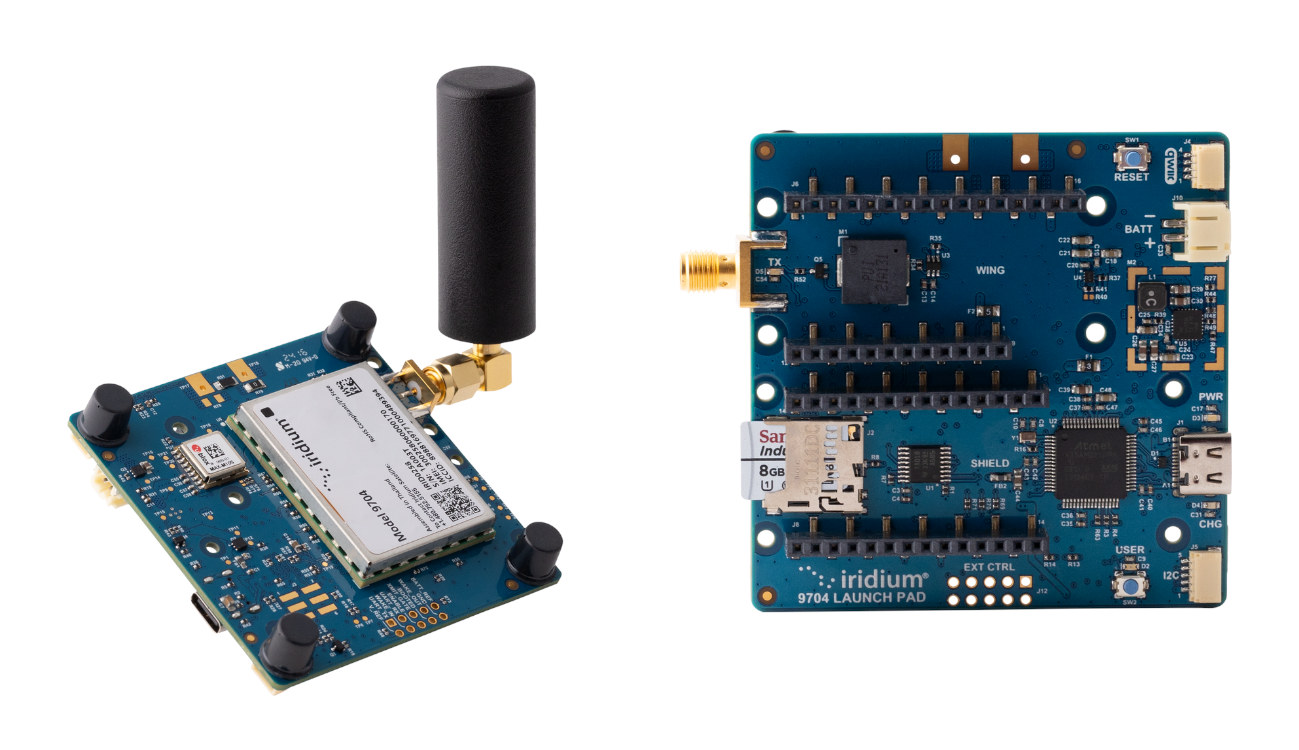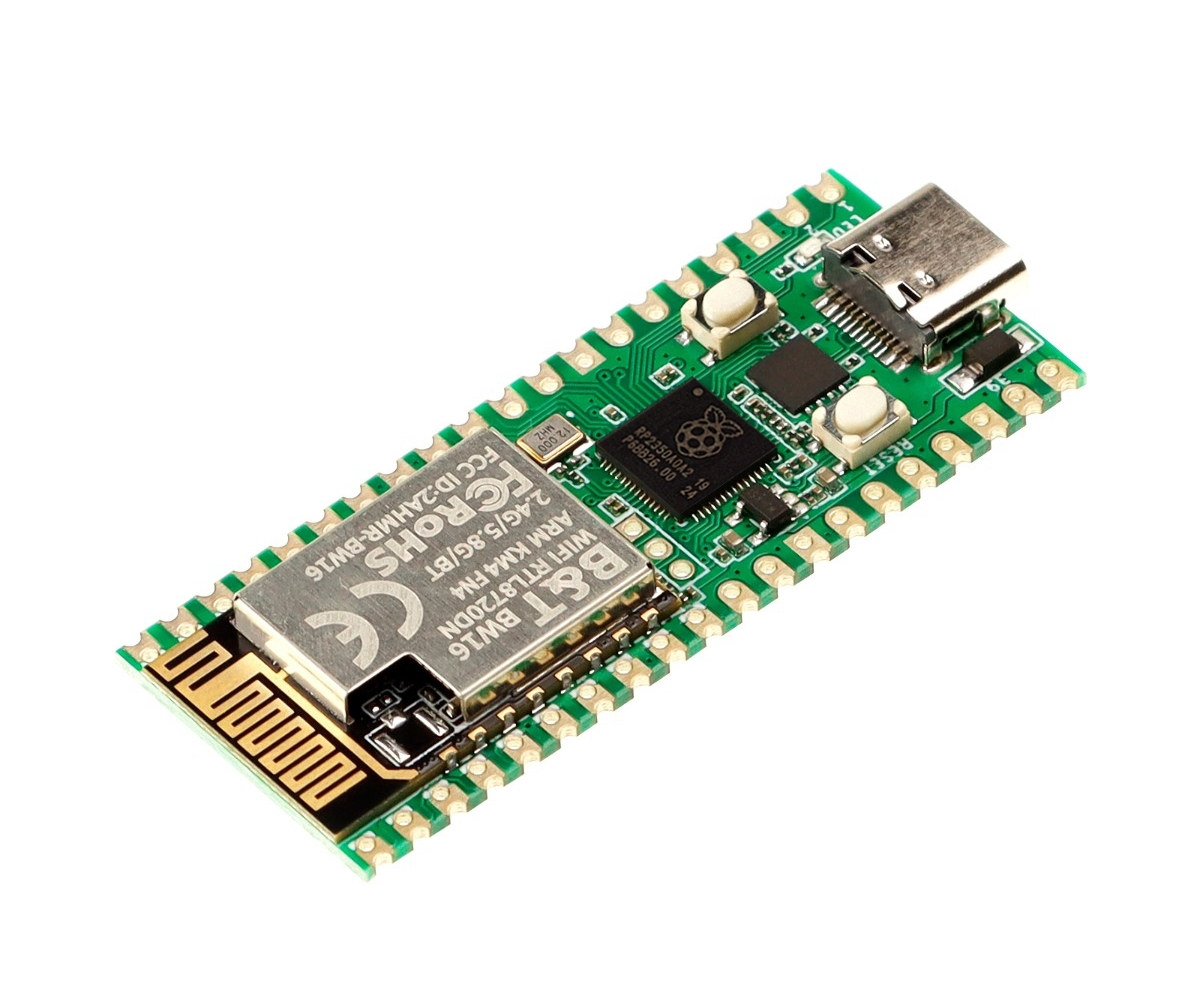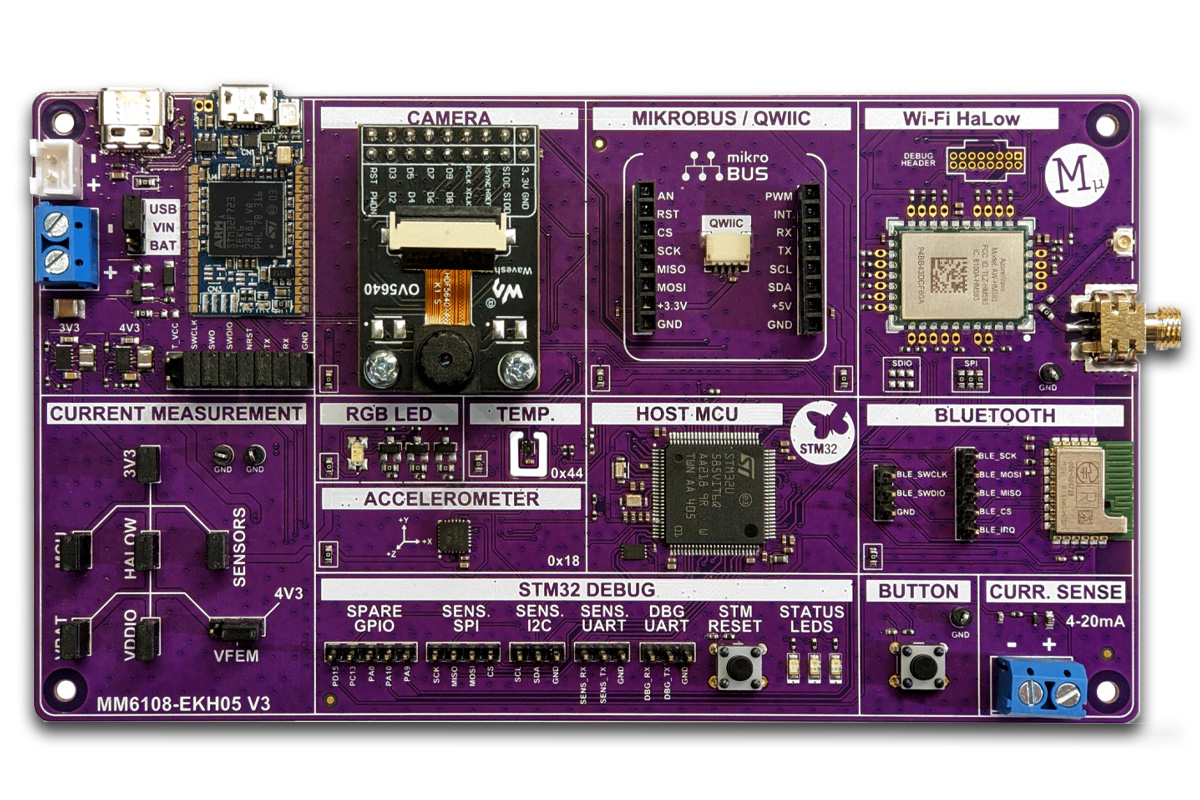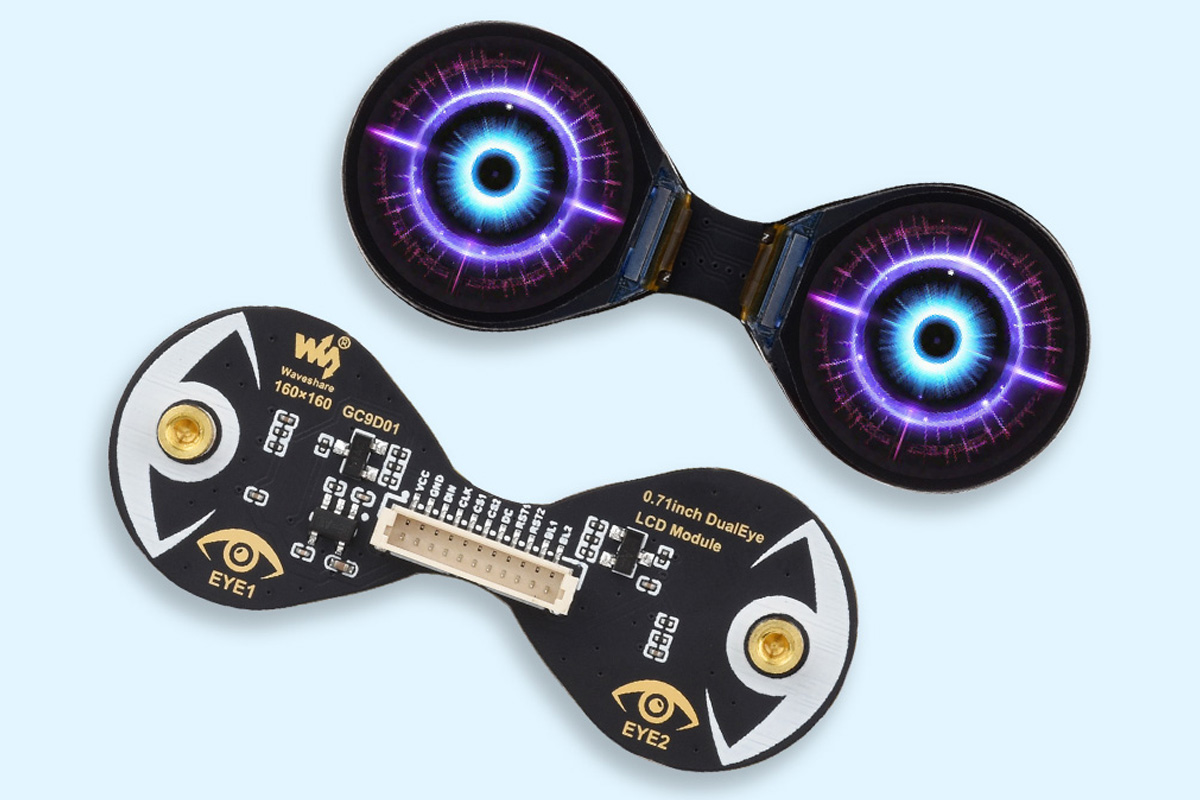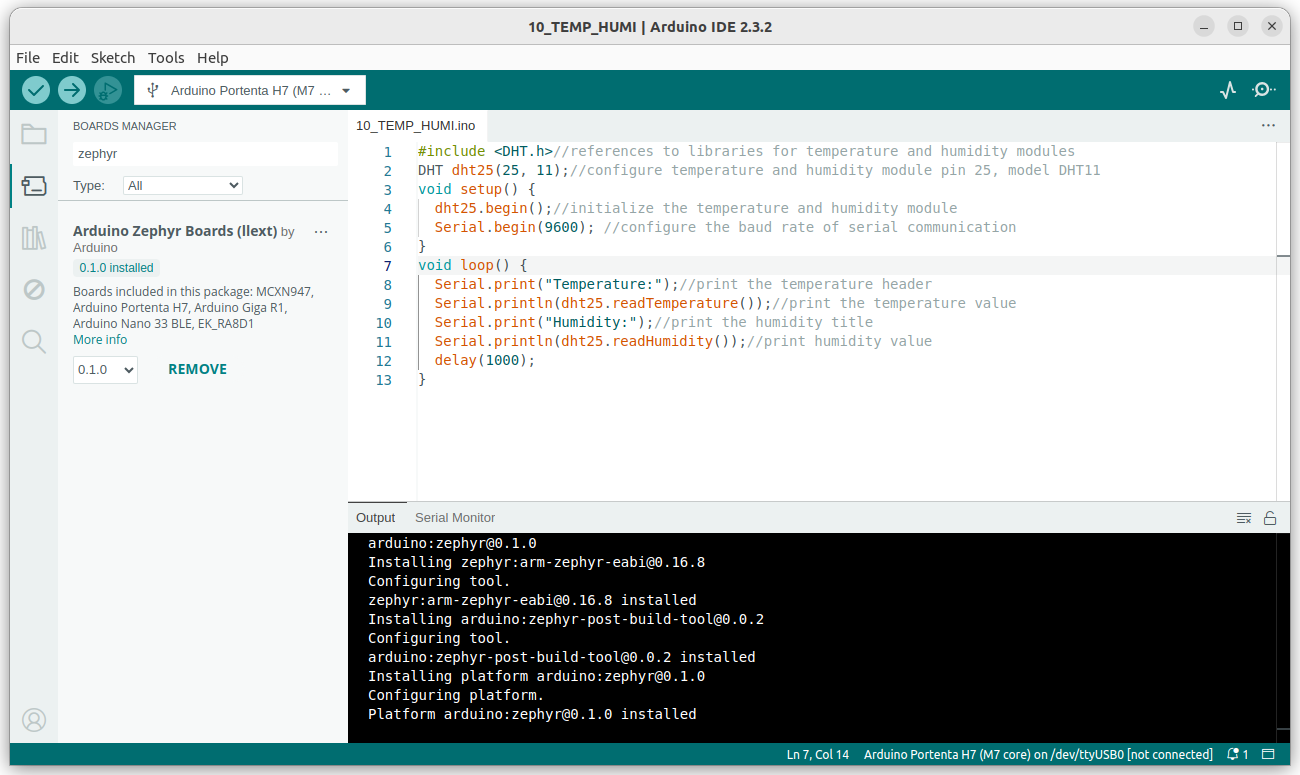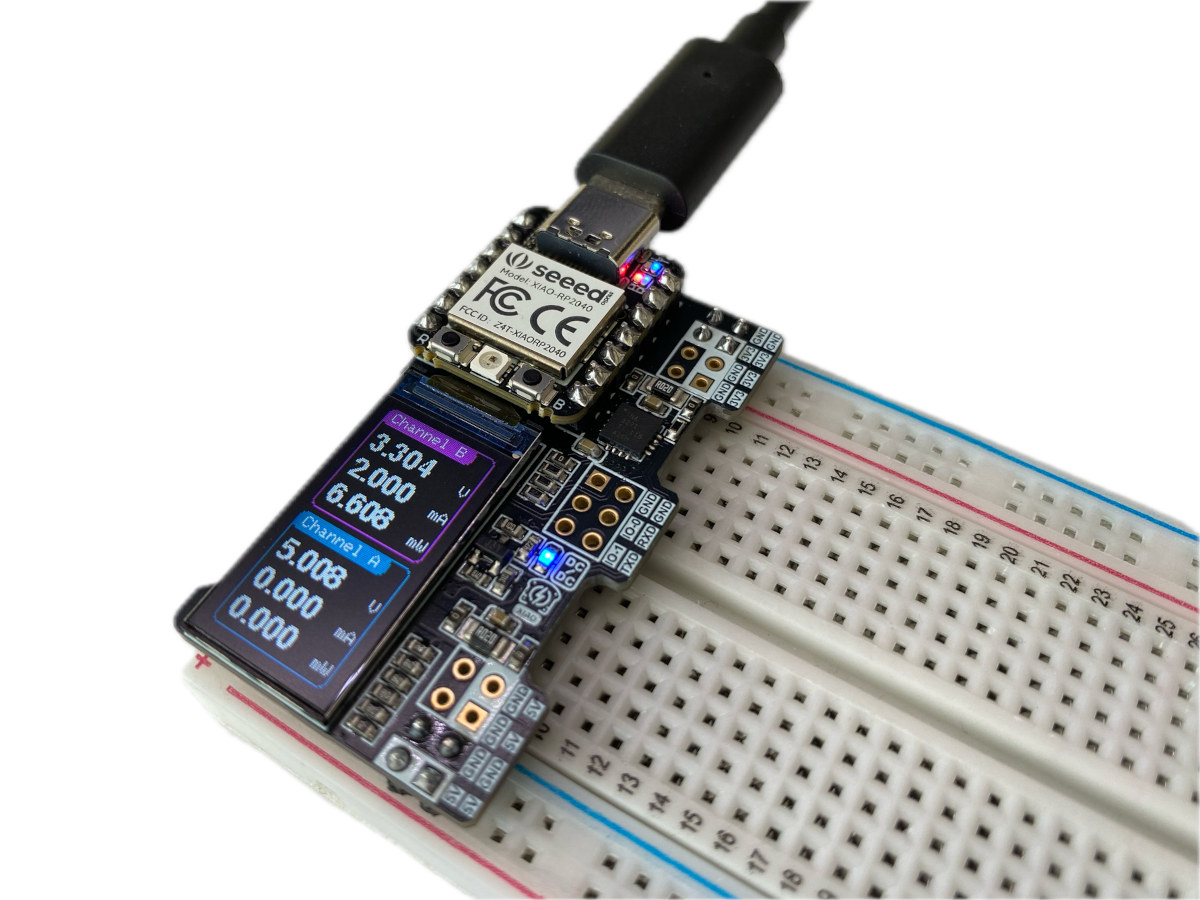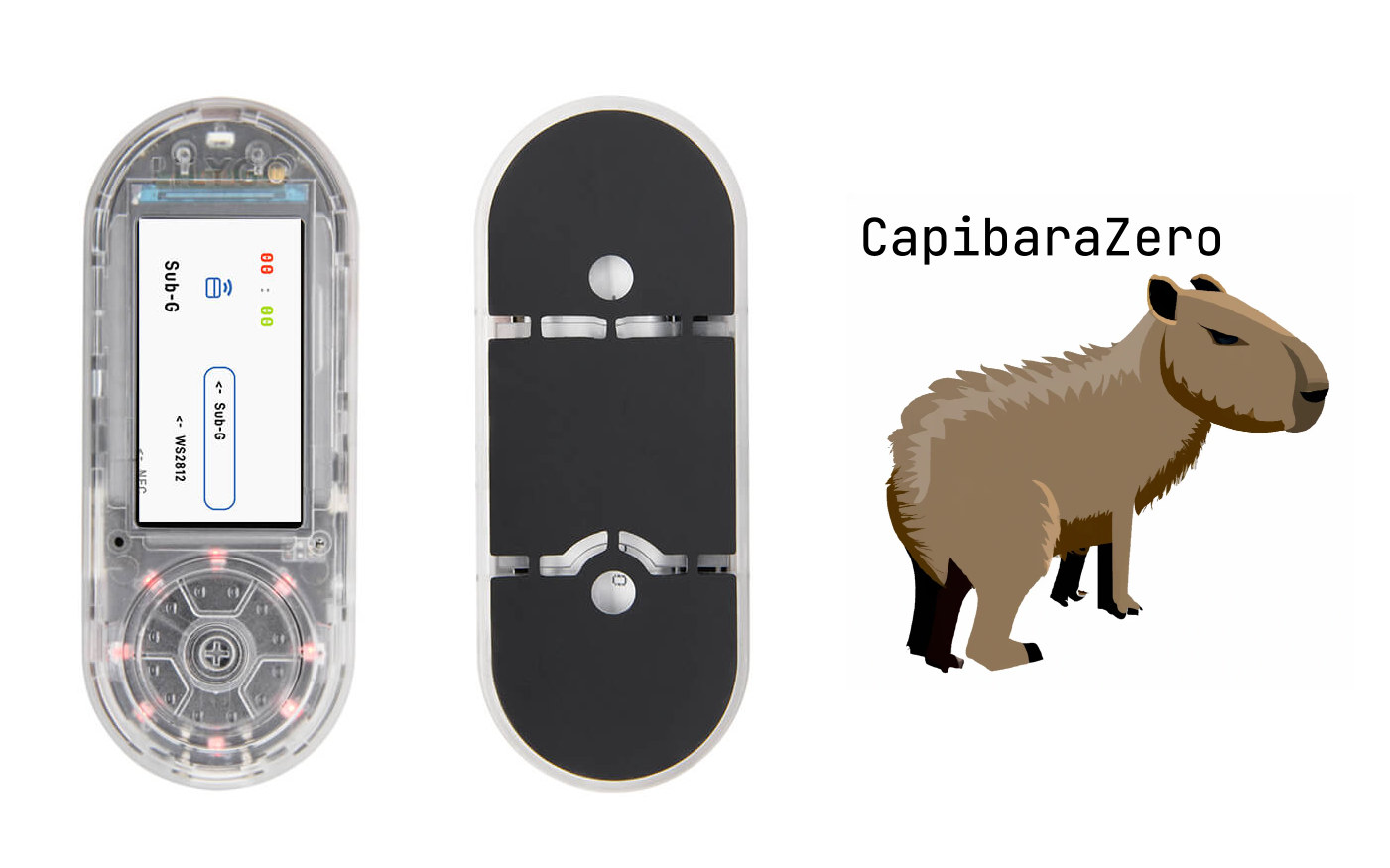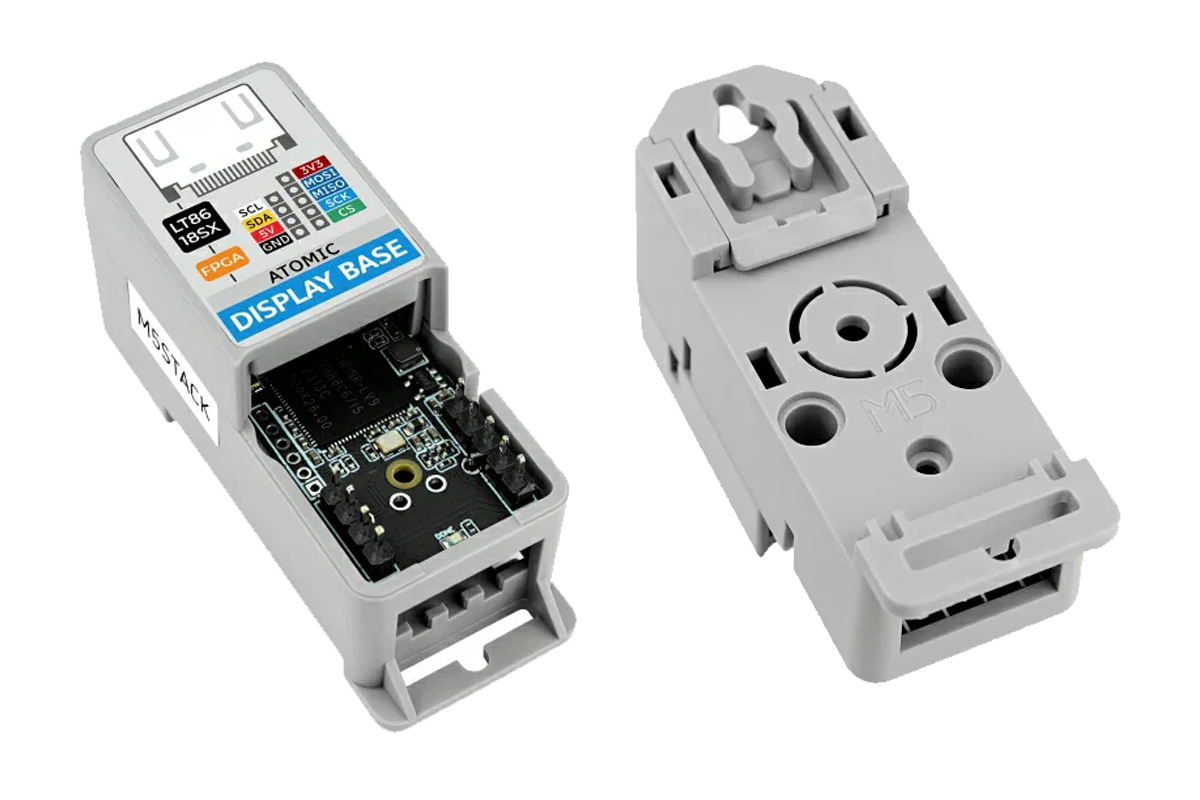Iridium Certus 7904 Satellite IoT Developer Kit is a compact Arduino-programmable devkit with satellite connectivity, a microSD card for data storage, USB and LiPo battery power support, and various expansion options designed for IoT and M2M applications. Featuring a pre-provisioned Iridium Certus 9704 module, the developer kit also supports expansion headers and connectors for Adafruit FeatherWing modules, Arduino Shields, Qwiic/STEMMA QT modules, and Arduino I2C (ESLOV) add-on boards. We have written about several Iridium satellite solutions over many years, but I think it’s the first time we’ve come across an easy-to-use Satellite IoT development kit programmable with the Arduino IDE and with Blynk IoT Cloud integration. Iridium Certus 9704 Satellite IoT Developer Kit specifications: Iridium Certus 9704 Module Max Message Size – 100 KB including images & soundbites through IMT (Iridium Messaging Transport) service Command Interface – JSON-Based Serial Protocol for REST (JSPR) Interfaces – Serial data; SPI; GPIOs; GNSS […]
Pico W5 is a Raspberry Pi Pico 2 W alternative with RP2350 MCU, dual-band WiFi 4, 8MB flash
The Pico W5 is a Raspberry Pi RP2350 development board providing an alternative to the official Raspberry Pi Pico 2 W with dual-band (2.4GHz/5GHz) WiFi 4 and Bluetooth 5.0 connectivity through a B&T BW16 wireless module. Besides dual-band WiFi, there are a few other small changes compared to the Raspberry Pi Pico 2 W, including a USB Type-C connector, a larger 8MB flash, and a Reset button. As far as I know, it’s the first RP2350 board with 5GHz WiFi, as other RP2350 boards with WiFi, such as the Challenger+ RP2350 WiFi6/BLE5 and Pimoroni Pico Plus 2 W, only support 2.4GHz WiFi. Pico W5 specifications: SoC – Raspberry Pi RP2350 CPU Dual-core Arm Cortex-M33 @ 150 MHz with Arm Trustzone, Secure boot and Dual-core RISC-V Hazard3 @ 150 MHz Only two cores can be used at any given time Memory – 520 KB on-chip SRAM Security 8KB of anti-fuse OTP […]
STM32-powered MM6108-EKH05 Wi-Fi HaLow evaluation kit supports Bluetooth, Camera, and Qwicc/MikroBus modules
Morse Micro has recently launched the MM6108-EKH05 Wi-Fi HaLow Evaluation Kit designed to reduce the development and deployment time of IoT products. Built around the Morse Micro MM6108 HaLow SoC, this kit combines long-range, low-power wireless connectivity with a range of integrated sensors, making it ideal for IoT engineers and developers. Key features include Wi-Fi HaLow connectivity, an STM32U585 Cortex-M33 MCU, integrated sensors (temperature, humidity, accelerometer), 16 MB of SPI Flash memory, programmable GPIOs, power measurement tools, and WPA3 security for reliable and secure communication. The kit also includes alternative power options including USB, battery, or external power, and embeds support for a camera, MikroBus and Qwicc expansion modules, Bluetooth, and current measurement circuitry. All these features make this kit useful for applications including smart homes, industrial automation, and agricultural monitoring. MM6108-EKH05 specifications: MCU – STM32U585 Arm Cortex-M33 microcontroller @ 160 MHz with TrustZone, 2 MB Flash Storage – 16Mbit […]
Waveshare Double Eye LCD module is a high-tech alternative to googly eyes
Waveshare has recently launched the Double Eye LCD module (also known as the 0.71inch DualEye LCD module), a high-tech alternative to googly eyes, with two 0.71-inch round IPS displays with 160×160 pixels of resolution and 65K color depth. It uses the GC9D01 driver and communicates via an SPI interface. The module operates at a 3.3V or 5V and is designed so that both ESP32 and Arduino boards can drive it. These features make this device useful for applications like wearables, robotics, IoT devices, etc… Waveshare Double Eye LCD module specifications: Display Type – Dual 0.71-inch round LCD displays Resolution – 160×160 pixels Panel – IPS (wide viewing angle) Colors – 65K colors Pixel Pitch – 37.5 × 112.5 µm Controller and Driver Driver – GC9D01 Interface – SPI Operating Voltage – 3.3V / 5V Dimensions Display – 18 mm ∅ per round LCD Module – 51 x 20 mm The […]
Arduino Core for Zephyr beta released – Let’s give it a try!
Last July, Arduino announced plans to switch from the soon-to-be deprecated Arm Mbed to Zephyr RTOS, and the company has now outed the first beta release of “Arduino Core for Zephyr OS” for a range of boards. From the user’s perspective, this should not change anything. However, there are massive changes under the hood and Arduino sketches are built and executed differently with the Arduino Core for Zephyr. Some highlights of the new Zephyr-based Arduino core implementation include: Dynamic sketch loading – Sketches are compiled as ELF files and dynamically loaded by a precompiled Zephyr-based firmware. Zephyr subsystems support threading, inter-process communication, and real-time scheduling. Fast compiling and smaller binaries since a thin layer of user code and libraries are compiled, while the rest of the ZephyrOS is already binary. You can get started straightaway with the code and instructions on GitHub. You’ll need Arduino 2.x.x for this to work. […]
XIAO Powerbread is a breadboard power supply and meter based on XIAO RP2040 or ESP32 USB-C board
The XIAO Powerbread is a breadboard power supply and meter compatible with XIAO RP2040 or ESP32 USB-C boards and equipped with a color LCD display showing real-time voltage, current, and power consumption for 5V and/or 3.3V power rails. Breadboard power supplies are nothing new. We’ve written about several over the years including the Toaster board with adjustable voltage from 5 to 16V, the SwitchTrick switching power supply board, and the MEGO portable breadboard power supply with a built-in battery. The XIAO Powerbread only supports 5V and 3.3V power rails, but its main selling point is its integrated breadboard power meter function. XIAO Powerbread specifications: Supported USB-C modules General purpose MCU – XIAO RP2040, XIAO RP2350 WiFi / Bluetooth MCU – XIAO ESP32S3, XIAO ESP32C3, XIAO ESP32C6 Display – 0.96-inch color TFT LCD with 160×80 resolution and ST7735S SPI controller Power monitoring – 2x TI INA3221 sensors connected over I2C […]
CapibaraZero firmware enables low-cost Flipper Zero alternatives based on ESP32-S3 hardware
CapibaraZero open-source firmware aims to offer a low-cost alternative to Flipper Zero for ESP32-S3-based hardware platforms and soon other gizmos with ESP32 wireless microcontrollers, notably the LilyGO T-Embed CC1101, similar to the original T-Embed with ESP32-S3 WiSoC, but also featuring a Texas Instruments CC1101 Sub-GHz microcontroller and an NXP PN532 NFC/RFID module. The Flipper Zero is a popular portable multi-tool for pentesters and hardware hackers based on STMicro STM32WB55 Bluetooth 5 LE & 802.15.4 wireless microcontroller and a TI CC1101 Sub-Ghz MCU that got involved in controversies such as a ban proposal in Canada last year due to its (dubious) potential use for car theft. Since then we’ve seen several alternatives such as Monstatek M1 (that’s yet to be delivered to backers…) and HackBat open-source hardware with Raspberry Pi RP2040, ESP8266 WiFi module, and the CC1101 RF transceiver. The CapibaraZero firmware offers another way to create your own cheap Flipper […]
$20 ATOMIC Display Base is a low-cost HDMI display driver for M5Stack’s ESP32-based Atom IoT controllers
M5Stack has recently launched the M5Stack ATOMIC Display Base, an HDMI display driver designed to emulate traditional SPI TFT-LCD data output using Gowin GW1NR-9C FPGA and a built-in LT8618SX RGB-to-HDMI chip and designed to work with the company’s Atom IoT controller family based on ESP32 wireless microcontrollers. The module supports up to 720p (1280×720) image output with a 24-bit color depth and has an average frame rate of 12–16 FPS. Additionally, it can be paired with ATOM series hosts for various memory and application needs. These features make this compact device suitable for industrial control displays, smart home information screens, educational and conference presentations, and remote monitoring displays. The only downside of this device is that it requires a display with adaptive resolution scaling to avoid compatibility issues. M5Stack ATOMIC Display Base (HDMI display driver) specifications FPGA – Gowin GW1NR-9C (PDF datasheet) FPGA with 8,640 LUTs used to simulate SPI TFT-LCD data […]


